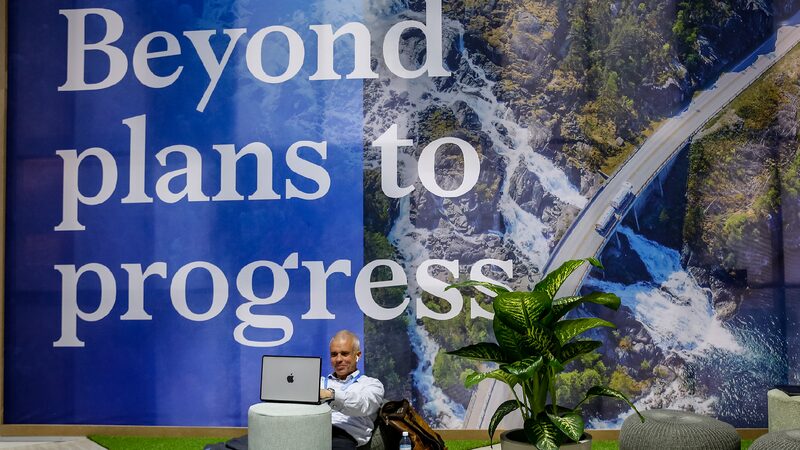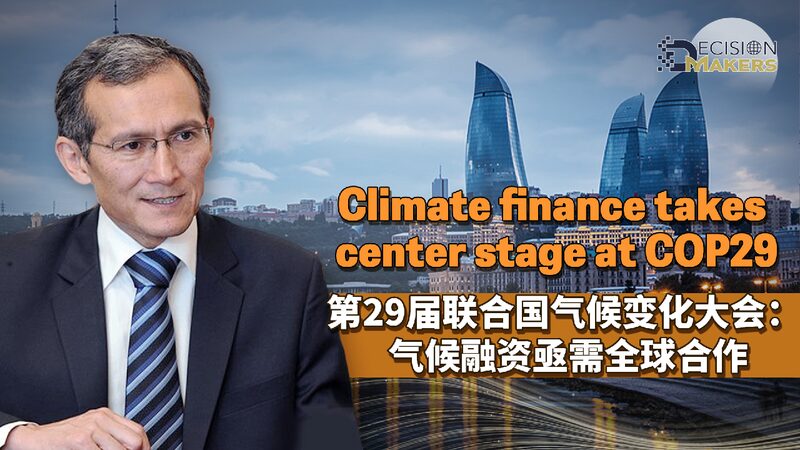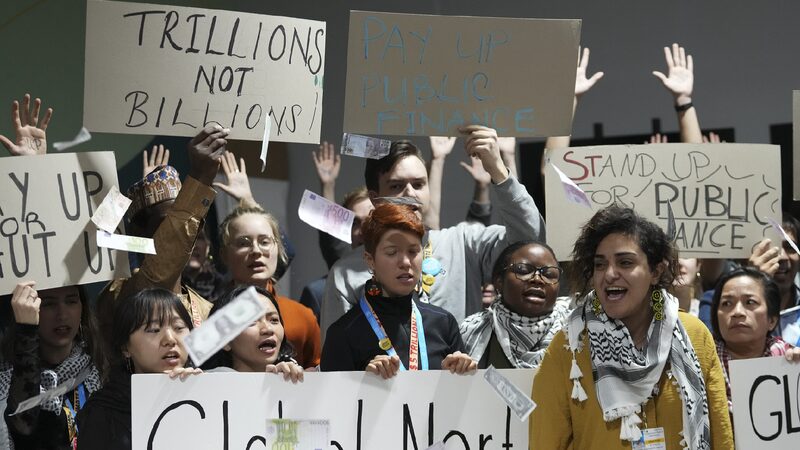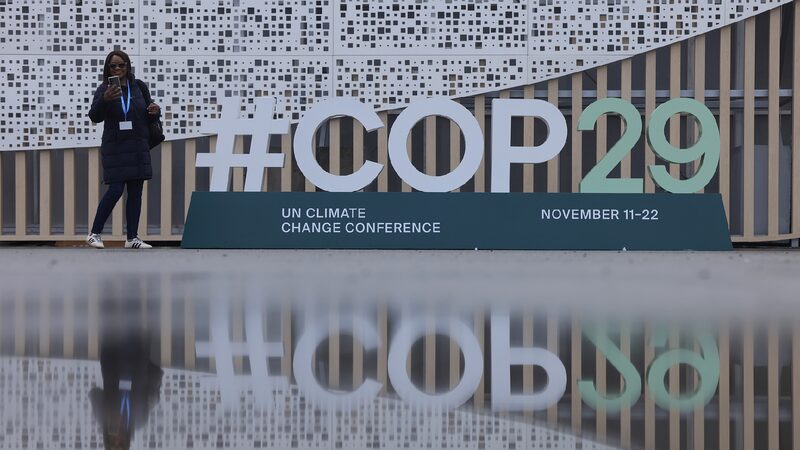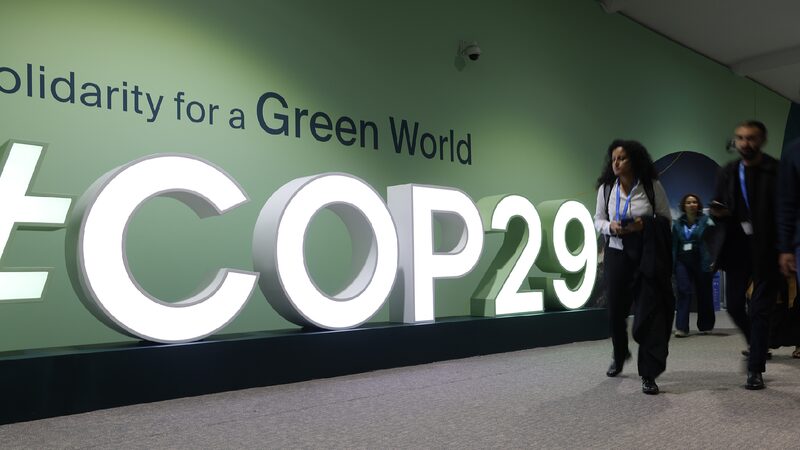The first week of the 2024 United Nations Climate Change Conference, known as COP29, in Baku, Azerbaijan, saw more distractions than concrete deals, leaving critical issues unresolved. As government ministers prepare to arrive for the second week, there’s growing pressure to bridge a massive trillion-dollar gap over climate finance.
Developing countries are demanding $1.3 trillion each year from wealthy nations. This money is crucial to help them switch from fossil fuels to renewable energy and to deal with the effects of climate change, like rising sea levels and extreme weather. However, rich countries have proposed a much lower figure, around $100 billion, leading to a significant standoff.
"All the developing countries are united behind $1.3 trillion. That’s not a ceiling; it’s what they need," said Debbie Hillier from Mercy Corps. "The U.S. and Canada are constantly talking about a floor of $100 billion. So you’ve got $100 billion at one end and $1.3 trillion on the other."
United Nations Climate Secretary Simon Stiell urged delegates to speed up negotiations. "What’s at stake here in Baku is nothing less than the capacity to halve emissions this decade and protect lives and livelihoods from spiraling climate impacts," he said.
Typically, the first week of COP is dedicated to technical discussions, but the tougher political decisions are expected to be made by ministers in the second week. Ani Dasgupta, president of the World Resources Institute, noted, "Member states have not moved as quickly as they need to. It’s now up to ministers to make the critical decisions."
Inger Andersen, head of the United Nations Environment Program, acknowledged the slow progress but remained hopeful. "This is causing frustration. I understand that. The answer is to push and push more and ensure that we land where we need to land," she said.
Avinash Persaud, a climate adviser at the Inter-American Development Bank, explained the nature of these talks. "COP works on brinkmanship. It works on the fear of us not reaching an agreement in the end, which makes the process appear chaotic from the outside," he said.
Despite the challenges, some leaders remain cautiously optimistic. "We need to keep 1.5 alive," said Cedric Schuster, Chair of the Alliance of Small Island States, referring to the goal of limiting global temperature rise to 1.5 degrees Celsius above pre-industrial levels. "Discussions are progressing, and we hope to get there."
Activists are calling for developed nations to commit more funds. Sehr Raheja from the Center for Science and Environment in New Delhi said, "Developed nations will have to engage in good faith on the issues of total money needed if there’s a chance of getting a strong outcome."
Bill Hare, CEO of Climate Analytics, emphasized the urgency. "Despite the recent devastation the world has experienced and the soaring rise in temperatures, the urgency really hasn’t yet been felt here in Baku," he said.
As the world watches, there’s hope that ministers arriving for the second week will bridge the gap and make meaningful commitments to tackle the pressing challenges of climate change.
Reference(s):
cgtn.com
